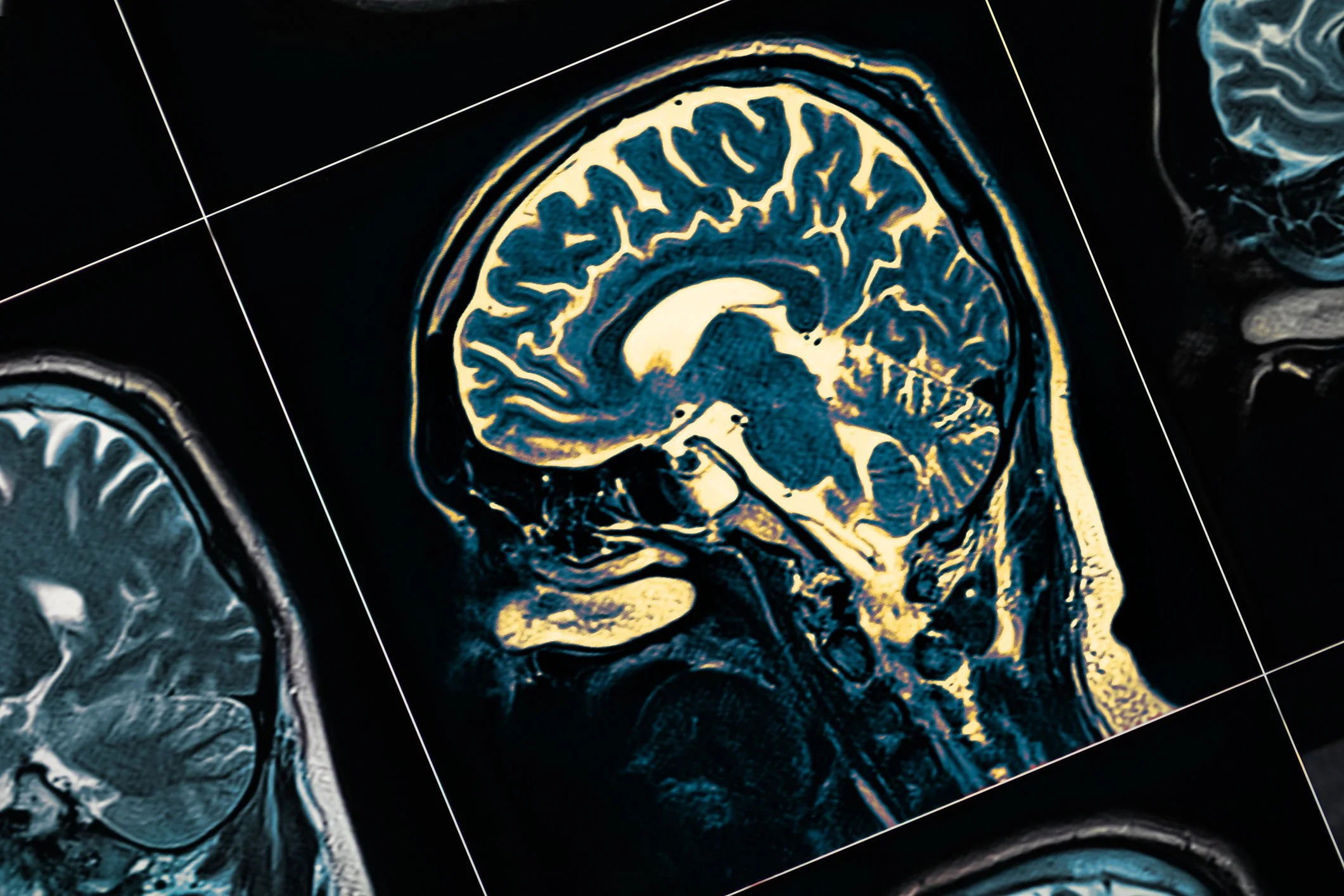Welcome to the January newsletter!
Posterior Cortical Atrophy
Posterior cortical atrophy (PCA), also called Benson's syndrome, is the visual variant of Alzheimer’s disease. The disease causes shrinkage (atrophy) of the back part of the brain, causing a progressive decline in vision. People with PCA may often go to see an eye doctor first, thinking that their difficulties are due to a problem with their eyes and that they may need new glasses.
Young-Onset Dementia
Young-Onset is often also referred to as "Early-Onset." Yet, it should be differentiated from another commonly used phrase: "Early Stage Dementia," which is more appropriate to describe someone in the early stages of Dementia, at any age. "Young-Onset Dementia is conventionally thought to include patients with onset before 65 years of age.
Mixed Dementia
Autopsy studies looking at the brains of people who had Dementia suggest that a majority of those age 80 and older probably had 'Mixed Dementia,' caused by processes related to both Alzheimer’s disease [or, other Dementia] and vascular disease. In fact, some studies indicate that mixed vascular-degenerative Dementia is the most common cause of dementia in the elderly.




